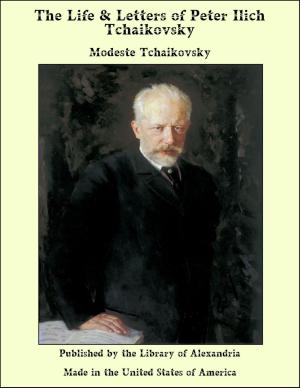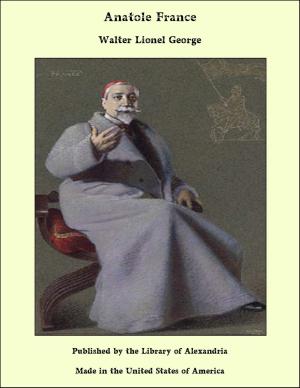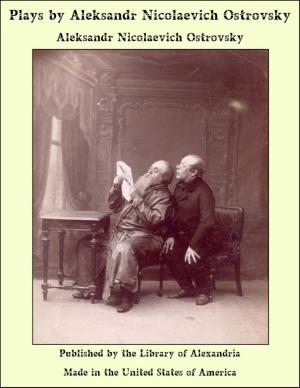| Author: | Charles Paul de Kock | ISBN: | 9781465529114 |
| Publisher: | Library of Alexandria | Publication: | March 8, 2015 |
| Imprint: | Language: | English |
| Author: | Charles Paul de Kock |
| ISBN: | 9781465529114 |
| Publisher: | Library of Alexandria |
| Publication: | March 8, 2015 |
| Imprint: | |
| Language: | English |
A NOCTURNAL WALK.—MY AUNT'S FIVE HUNDRED FRANCS The theatres had long since dismissed their audiences, the shops were closed, and the cafés were closing. Passers-by were becoming more and more infrequent, the cabs moved more rapidly, the street lights were burning, and the gas in the houses was disappearing; the streets of Paris, like the inhabitants thereof, were about to enjoy their brief hour of repose. But repose, like fine weather, is never universal: when we are enjoying it in Paris, it may be that people are fighting in some Other quarter of the globe; and while we are revelling in mild and delicious weather, within a hundred leagues of us a tornado may be destroying the crops, or a tempest submerging ships. Since peace and fine weather cannot be universal, let us try to make the most of them while they are in our possession, and let us not worry as to what sort of weather our neighbors are having. A gentleman, who presumably had no desire to sleep, was walking through the streets of Paris, which had become almost silent. For more than an hour, he had been walking on the boulevards, from Rue du Temple to Rue Poissonnière; occasionally, without any very clear idea as to where he was going, he strayed into the faubourgs; but he soon stopped, looked about him, muttered between his teeth: "What the devil am I doing here?" and returned to the boulevards. This gentleman seemed to be in the neighborhood of thirty years of age; he was of medium height, and rather stout than thin. His face was neither ugly nor handsome; his round eyes protruded overmuch, and his nose, while not exactly flat, had neither the nobility of the Grecian nor the charm of the aquiline type. By way of compensation, he had what is called expression, and possessed the art of forcing his features to depict the sentiment which he desired to seem to feel: an art no less valuable in society than on the stage; for we are actors everywhere, and there are at court, in the city, in palaces, in salons, in boudoirs, and even in the servants' hall, people of unexcelled skill in the art of counterfeiting what they do not feel
A NOCTURNAL WALK.—MY AUNT'S FIVE HUNDRED FRANCS The theatres had long since dismissed their audiences, the shops were closed, and the cafés were closing. Passers-by were becoming more and more infrequent, the cabs moved more rapidly, the street lights were burning, and the gas in the houses was disappearing; the streets of Paris, like the inhabitants thereof, were about to enjoy their brief hour of repose. But repose, like fine weather, is never universal: when we are enjoying it in Paris, it may be that people are fighting in some Other quarter of the globe; and while we are revelling in mild and delicious weather, within a hundred leagues of us a tornado may be destroying the crops, or a tempest submerging ships. Since peace and fine weather cannot be universal, let us try to make the most of them while they are in our possession, and let us not worry as to what sort of weather our neighbors are having. A gentleman, who presumably had no desire to sleep, was walking through the streets of Paris, which had become almost silent. For more than an hour, he had been walking on the boulevards, from Rue du Temple to Rue Poissonnière; occasionally, without any very clear idea as to where he was going, he strayed into the faubourgs; but he soon stopped, looked about him, muttered between his teeth: "What the devil am I doing here?" and returned to the boulevards. This gentleman seemed to be in the neighborhood of thirty years of age; he was of medium height, and rather stout than thin. His face was neither ugly nor handsome; his round eyes protruded overmuch, and his nose, while not exactly flat, had neither the nobility of the Grecian nor the charm of the aquiline type. By way of compensation, he had what is called expression, and possessed the art of forcing his features to depict the sentiment which he desired to seem to feel: an art no less valuable in society than on the stage; for we are actors everywhere, and there are at court, in the city, in palaces, in salons, in boudoirs, and even in the servants' hall, people of unexcelled skill in the art of counterfeiting what they do not feel















